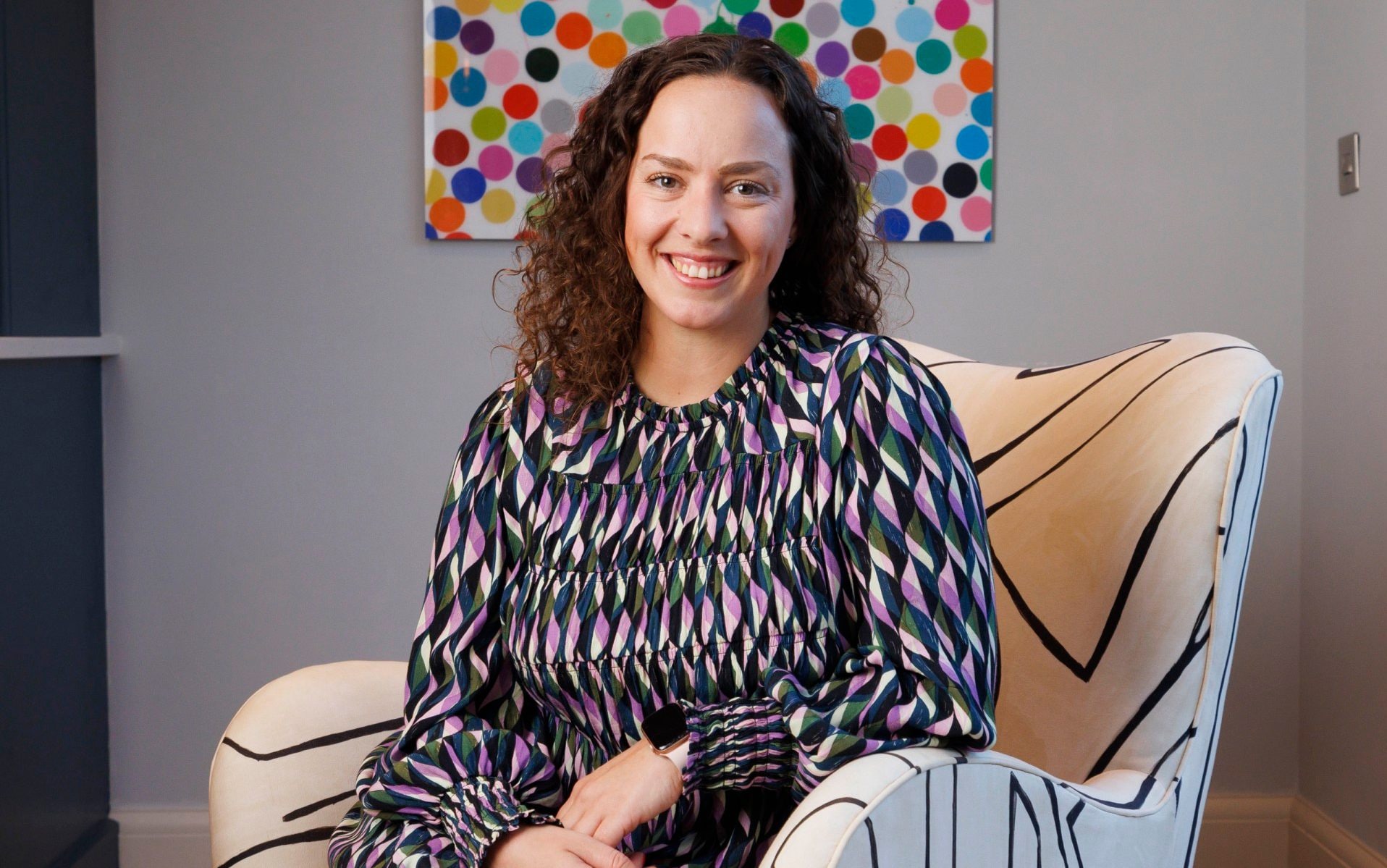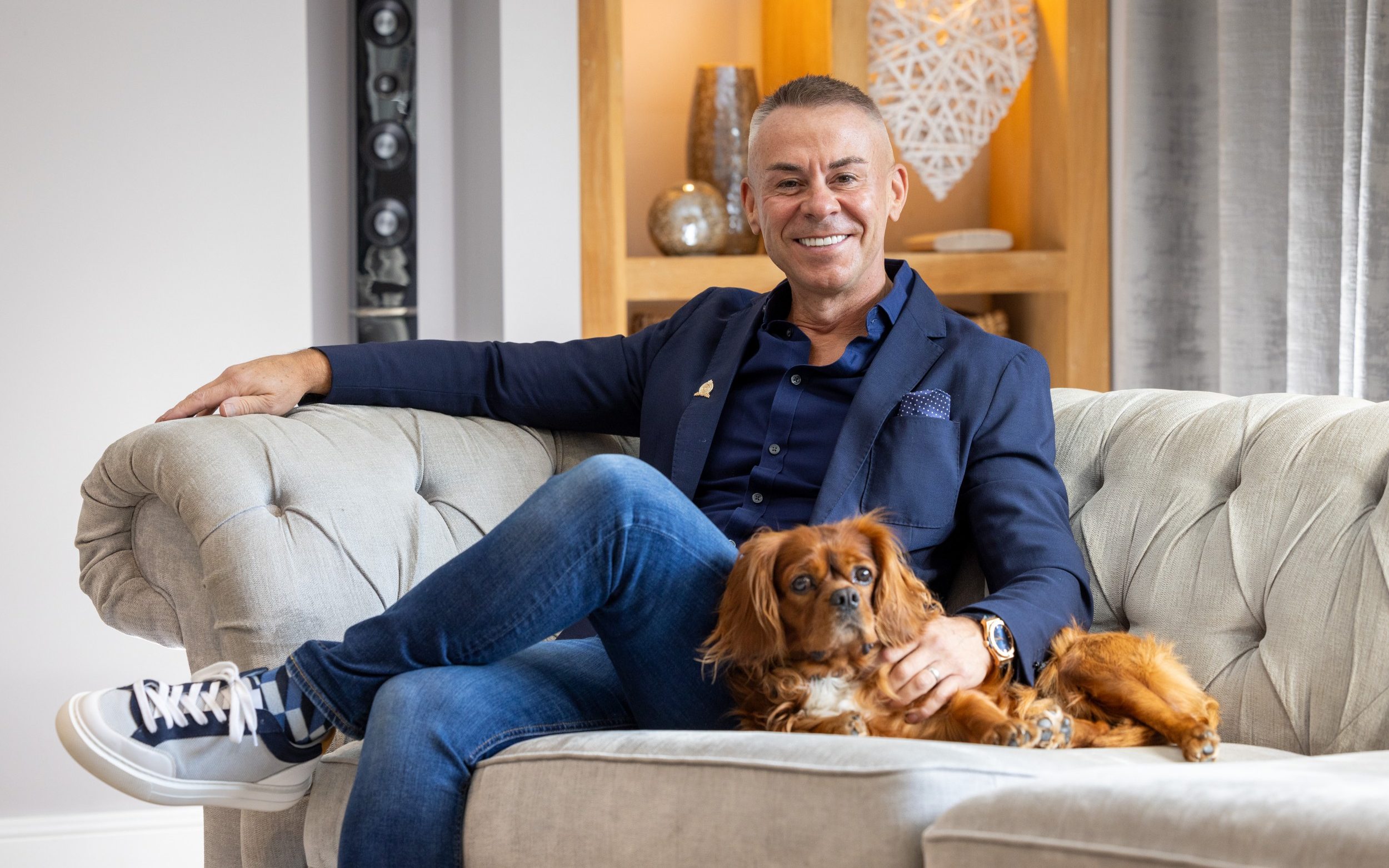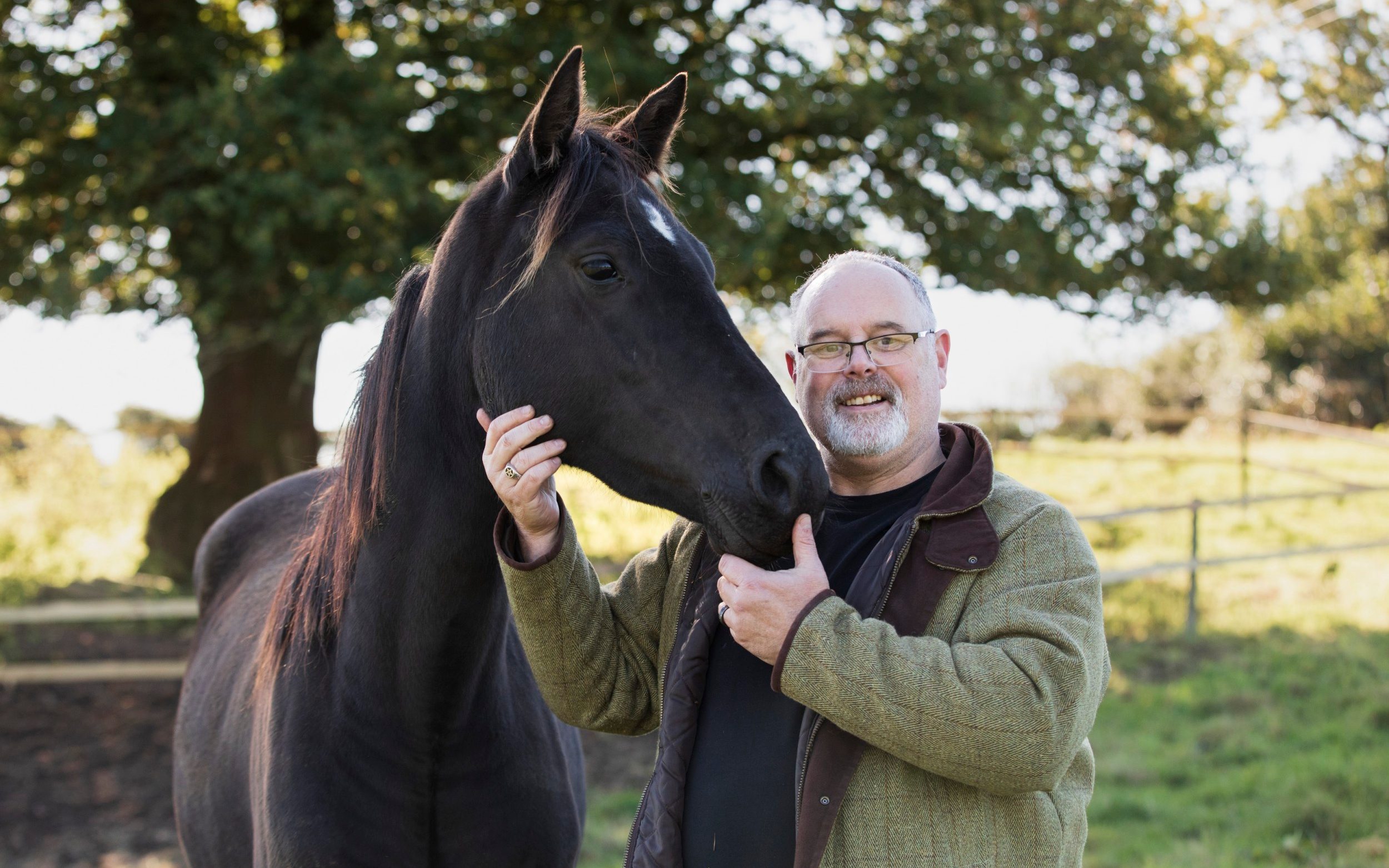
What’s the one thing money can’t buy? Happiness – or so we’ve been told.
A famous 2010 study led by psychologist Daniel Kahneman and economist Angus Deaton concluded that happiness increases with income until it levels off at $75,000 (around £57,000) per year. After that, more money does not equal more happiness.
Over the years, however, many have had their suspicions. Why are we all breaking our backs at work, struggling to save and investing for the future if it won’t make us any happier?
.
In his study, there was no levelling off in either happiness or life satisfaction at $75,000 – or any other level. As income increased, positive feelings increased and negative feelings decreased. And the happiness gap between wealthy and middle-income people was in fact wider than between middle- and low-income people.
Killingsworth said in his report: “The results suggest that the positive connection between money and well-being continues far up the economic ladder.”
So, are people with more money happier?
Charlie Day is. A serial entrepreneur since she was 21, Day’s latest venture, a sales consultancy she launched in 2021, is set to generate £1.5m this year. The more money Day has earnt, the happier she has been – but not for the reasons you may think.
“It’s not just the five-star holidays and luxury yachts,” she explains. “It’s the day-to-day help that makes life easier.”
Her monthly salary of £20,000 is put towards a support system to manage her busy life living in London, while she and her husband work full-time.
They employ a full-time nanny, a cleaner, and use services such as door-to-door dry cleaning to save time. She also has a personal trainer and can afford private specialists for her son’s needs after he was diagnosed with autism.
While money may not be the secret to happiness, it definitely helps
“A greater feeling of control over life can explain about 75pc of the association between money and happiness,” Killingsworth said of his research. “So I think a big part of what’s happening is that, when people have more money, they have more control over their lives. More freedom to live the life they want to live.”
Things were very different for Day just a few years ago. Earning around £40,000 per year, just under the threshold at which Deaton and Kahneman say happiness levels off, Day couldn’t afford full-time childcare while trying to grow her business and care for her three-year-old.
“All I wanted was enough money to hire a cleaner,” she recalls. Now able to pay for help around the house, and earning well above the happiness threshold, she feels like she has more time than ever and, as predicted, her happiness has only increased.
“Money can’t buy happiness, but it can certainly help you live a happier life by giving you more choices and opportunities,” she says. “There’s some awful people out there with loads of money who I don’t think are living the happiest version of themselves, but I am.”
As Day suggests, there is always an exception to the rule. Killingsworth found that for those with low emotional wellbeing, happiness rises with income until $100,000, then shows no further increase as income grows. In other words, “if you’re rich and miserable, more money won’t help,” he says.
‘How you make, not what you make’

For Andy Harrington, 55 and based in Kent, his £21m IT recruitment company didn’t bring him happiness.
“I didn’t love it anymore. It became just about making money,” he admits. So he sold the business – and his financial security – to chase happiness elsewhere.
“I sold it for less than I could’ve because I didn’t want drawn-out negotiations. I had a dream I wanted to chase,” he says. He then founded the Professional Speakers Academy, teaching entrepreneurs how to present effectively and boost their sales.
Harrington has also found that more money makes for more problems: added stress, including higher taxes, increased responsibilities and even social isolation. “When you out-earn your peers, you can’t always share your goals or successes without feeling like you’re showing off.”
For that reason, Harrington believes how you make your money is more important for happiness, than how much you make. “I’ve had money, then I’ve had no money, then I’ve had money again,” he says. “If you’re not happy at £60k, you’re not going to be happy at £600k.”
‘The one thing we can never get back’

When he was younger, Lee Broders, 54 and from Shropshire, used to chase money. “I saw it as a way to live your life,” he says. “I lost a lot of time with my family because I was chasing money.”
A 2003 study published in Psychological Science found that while having more money is associated with happiness, chasing more money dampens our sense of life satisfaction and hinders our happiness. Those with strong financial success goals in fact reported lower satisfaction with family life, friendships and work.
Going through divorce at 35 and experiencing burnout after starting multiple businesses, while also studying for a Master’s in law, Broders was forced to reevaluate his relationship with money.
Now earning around £6,000 a month from his businesses and properties, up to £10,000 from consulting, and £25,000 from his coaching, money is an enabler for Broders— he can’t buy happiness, but he can buy back time.
“Time is the most important and most valuable commodity we have in life. It’s the one thing we can never get back. It’s spent,” says Broders. “I chased money, when really I should have been chasing and valuing time.”
Whoever says you can’t buy happiness, maybe isn’t spending it right. Research from 2017 found that using money to buy time will add to your overall psychological well-being.
One simple way that Broders has brought happiness this summer is by purchasing a robotic lawnmower for £600. “Now I can go to the gym, knowing the lawn is being mowed,” he says. “It’s about finding the right tools and people to invest in to give you your time back.”


Post a Comment
0Comments